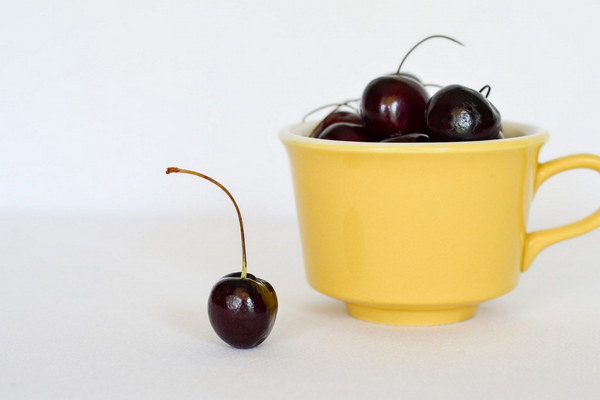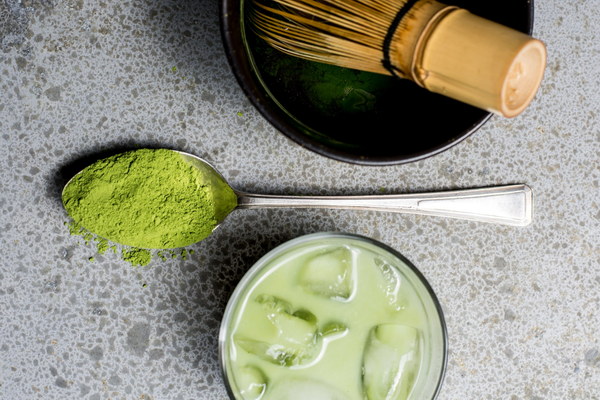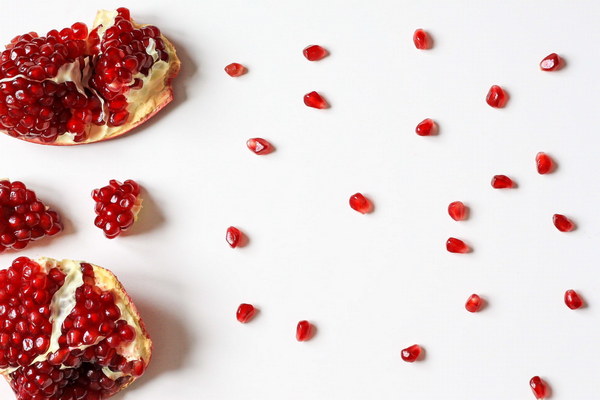Long-Term Consumption of Kidney Tonifying Herbs Is It Safe for the Liver and Kidneys
In recent years, the use of kidney tonifying herbs has gained immense popularity, especially among individuals suffering from chronic kidney problems or those seeking to enhance their overall health. However, concerns have been raised regarding the potential adverse effects of long-term consumption of these herbs on the liver and kidneys. This article aims to explore the risks and benefits associated with the use of kidney tonifying herbs, providing readers with a comprehensive understanding of the issue.
Kidney tonifying herbs are a class of traditional Chinese medicine (TCM) that are believed to strengthen the kidneys, improve vitality, and promote overall well-being. Commonly used herbs include He Shou Wu, Duan Wood, and Eucommia ulmoides. While these herbs have been used for centuries, the safety of their long-term consumption remains a topic of debate.
One of the primary concerns regarding the use of kidney tonifying herbs is the potential for liver damage. Some herbs contain compounds that may be toxic to the liver, leading to conditions such as hepatitis or liver failure. For example, certain herbs have been associated with the development of liver cancer. It is essential to note that the risk of liver damage is generally higher in individuals with pre-existing liver conditions or those taking other medications that may interact with the herbs.

Similarly, long-term use of kidney tonifying herbs may pose risks to the kidneys. While these herbs are intended to support kidney function, excessive intake could lead to kidney damage or exacerbate existing kidney problems. Kidney tonifying herbs may contain substances that are toxic to the kidneys, or they may interfere with the normal functioning of the renal system. Moreover, the accumulation of toxins in the kidneys can lead to the development of kidney diseases such as nephritis or chronic kidney disease.
To minimize the risks associated with the long-term consumption of kidney tonifying herbs, it is crucial to follow these guidelines:
1. Consult a healthcare professional: Before starting any new herbal treatment, it is essential to consult a healthcare professional, such as a doctor or a licensed TCM practitioner. They can provide personalized advice and monitor the potential risks and benefits of using kidney tonifying herbs.
2. Use high-quality herbs: Opt for high-quality, organic, and standardized kidney tonifying herbs. Poor-quality herbs may contain contaminants or substandard amounts of active ingredients, increasing the risk of adverse effects.
3. Monitor liver and kidney function: Regularly check liver and kidney function through blood tests, especially if you have pre-existing liver or kidney conditions or are taking other medications.
4. Follow dosage recommendations: Adhere to the prescribed dosage and duration of treatment. Overdosing on kidney tonifying herbs can increase the risk of adverse effects.
5. Balance herbal treatments with lifestyle changes: Complement the use of kidney tonifying herbs with a healthy diet, regular exercise, and adequate hydration to support kidney function and overall health.
In conclusion, while kidney tonifying herbs have been used for centuries to promote kidney health and overall well-being, the potential risks associated with their long-term consumption cannot be overlooked. By following the guidelines outlined above, individuals can minimize the risks and maximize the benefits of using these traditional remedies. It is essential to prioritize safety and seek professional advice to ensure the optimal use of kidney tonifying herbs.









